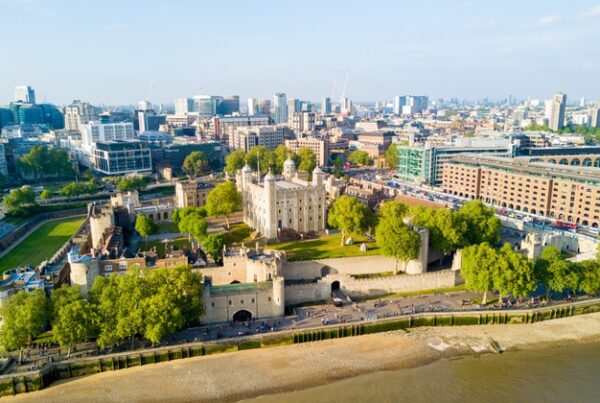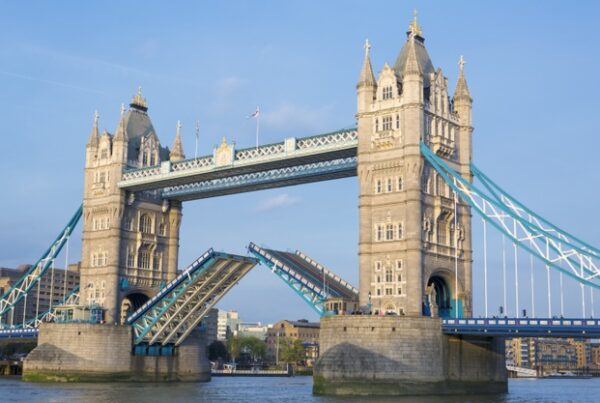For parents, the most important issue in life is the education of their children. We have prepared this information sheet to give advice to those who want to have their children educated in the UK.
Among the recommendations for those who want to have their children educated in England , this country should definitely be in the first place. Because education in England is completely free until university. Moreover, the level of education given in England is quite high. When your child studies in England, he will have learned many languages.
Primary Education in England
Our advice for families who are considering to have their children educated in England is to receive education from primary school. Because education in England is free up to university. Moreover, you can send your child to either a public school or a private school. The level of education is almost the same in public and private schools. That’s why public schools are more preferred. Primary school starts at the age of 5 in England.
Stages of Education System in England
Education in England is implemented in 5 stages. These educations are completed as Early years, the first of which is pre-school education, then Primary, which means Primary School, Secondary, which means Secondary School, Higher Education as College, Further Education, and finally Higher Education, which is university education.
This 5-stage education system is completely free until the university stage. Children can go to the nearest public or private schools. Compulsory education in England starts at age 5 and lasts until age 16.
Secondary School Period in England
During the Secondary School period, which is known as Secondary School in England 7. 8. And There is no official exam as a 9th grade. At the end of the semester, children take the secondary school leaving exam called GCSE, which is held in 10th and 11th grades. Children who get the term certificate from here can also get their advanced certificate called GTSE-A-level after 2 years if they want.
College Education in England
College Education in England is the education given to children aged 16 and 18, which are classified as 12th and 13th grades. During this period, students can obtain an advanced A-Level certificate, which is an academic education certificate if they wish. If he wants to continue his education professionally, he can attend vocational courses called BTCE. Vocational training courses are so local that they enable a person to enter business life without having a university education. A person can make his own choice in this regard while studying at college.
The education system in England is evaluated according to the abilities and interests of the individuals. Therefore, the number of families who want to have their children educated in England is increasing day by day.
University Education in the UK is Paid
University education in the UK is paid. The education system, which is free until university, changes from this point on. Tuition fees are between £6,000 and £9,000 for British and European Union citizens. However, for other foreign students, this amount is determined between 15 thousand and 25 thousand.
Even if you are a British citizen, you must have studied in the UK for 3 years to study in the UK. The reason why universities in England are paid is that there are no public universities. Universities in England are independent institutions and are not affiliated with the government.
Studentship in the UK
No matter what education you will receive in your student life in England, you will stay for more than 6 months. You must apply to the foreigners’ branch in the region where you live. You must register here.
During your student life, you can benefit from the institution called NHS free of charge for your health problems. The NHS stands for the National Health Service. If students are going to stay for more than 6 months, they must go to the nearest health institution where they will stay and register.
Students who attend a language school in England cannot be given a work permit. However, if the student is an undergraduate or graduate student, he/she can find a job and work as a party for 20 hours a week.



